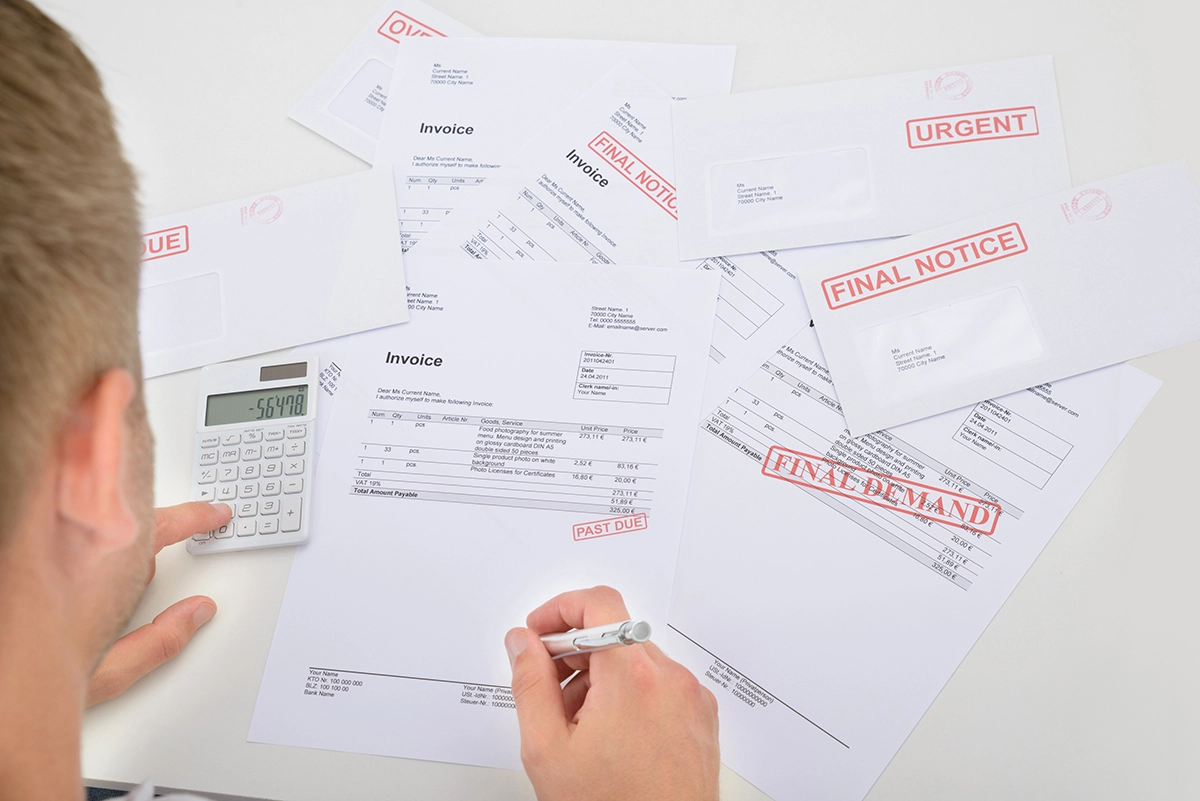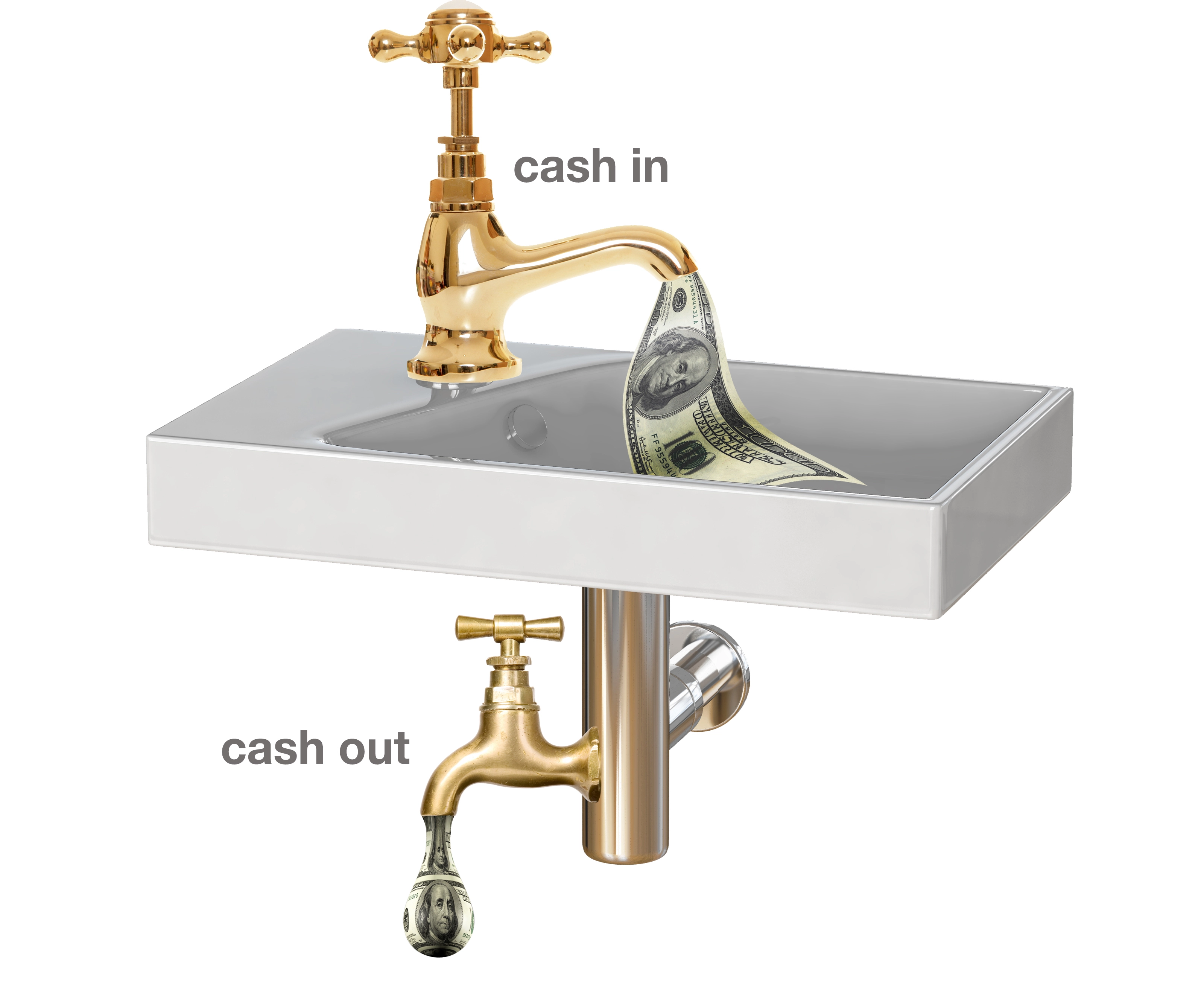Three more processes to prevent employee embezzlement
Keeping your hard earned money safe is your responsibility. Put the procedures in place to keep the honest people honest.
Last month I wrote about two imperatives: send your bank statements home and never accept excuses from your bookkeeper. Here are three more procedures to put in place to prevent employee embezzlement.
Lock Down Vendor Additions
You, the owner, should be the only person who can add vendors to your accounting system. Assume that ABC, Inc. is your real, actual vendor you buy from regularly. Your bookkeeper, or another employee (perhaps a warehouse employee), sets up a business, ABC Company, in your vendor list. He creates fictitious purchase orders and invoices from that company. They aren’t very large, so they don’t draw attention since you buy from ABC, Inc. regularly.
When you sign checks, you have the back up invoices and purchase orders to this company. It looks like your legitimate vendor, so you sign the check and the embezzler gets the money.
If any employee can currently set up a vendor, print out a vendor list immediately. Check to see if there are similar names. If there are, then look at the amounts that have been paid to these vendors. Start asking questions and demanding answers.
Clean up the vendor list so only the legal names of your legitimate vendors are listed. Then, lock down additions to your vendor list. Generally, this is a setting in your accounting software company set up page.
Ask questions when your bookkeeper asks to set up a new vendor. Make sure there is a good reason to add another vendor.
Question Gross Margin Changes
You should receive your financial statements by the 10th of the month. Plot and track your company gross margin and your department gross margins. They should be consistent.
You cannot have a negative gross margin unless all you’re doing is warranty calls (no revenue and labor and material expense). When you buy a part for $10, you don’t sell it for $8. If you have this situation, start asking questions. The likelihood is you have a lazy bookkeeper who accounted for revenue in one month and all the expenses against that revenue in another month.
Your gross margins should not vary by a percentage point or two each month. If they’re continuously increasing or continuously decreasing, you have a problem. Most likely it is one of three things: non-productive labor (service technicians working on customer calls for four hours and charging you for eight hours), bidding jobs for eight hours and having them take 10 hours, or maintenance performed with no revenue attached to the maintenance (your bookkeeper is accounting for maintenance agreements incorrectly).
Unfortunately, you might also have the situation as described in the first procedure. If ABC Company is not a legitimate company, the bookkeeping costs must go somewhere. Usually it’s in cost of goods sold, which decreases your gross margin.
Bookkeepers Cannot Sign Checks
Here’s why. A bookkeeper was doing a good job. In her third year as an employee, she was going through a horrible divorce and her attorney demanded $3,000 immediately. He threatened to drop her case if he didn’t receive it. She didn’t have the $3,000. What did she do? She wrote a company check to her attorney for the $3,000 and signed it herself.
Since she balanced the checkbook, she pulled the check out when she balanced it (banks still sent checks back when this happened). After all, she thought, the company almost never gets back all of the checks that are written each month. She didn’t think she would be caught even if the owner asked for the bank statement. She thought the owner would never know.
Luckily, the banker questioned the payment to the attorney because the signature looked strange. The owner was able to easily prosecute her because she didn’t have check signing authority.
The sad part is she was too emotional about the situation and couldn’t think rationally. If she had thought rationally, she would have asked for a loan because she knew the company loaned money to employees. She, as the bookkeeper, took the payroll deductions each week. Instead, she went to jail.
If you give your bookkeeper check signing authority, a signature stamp or leave them with signed checks, you’re inviting temptation and theft.
Most good bookkeepers don’t want check signing authority. They don’t want the responsibility for the checking account or for payroll tax payments. They also understand the checks and balances necessary in a well-run company.
Next month, I’ll share some additional procedures to keep the honest people honest.





